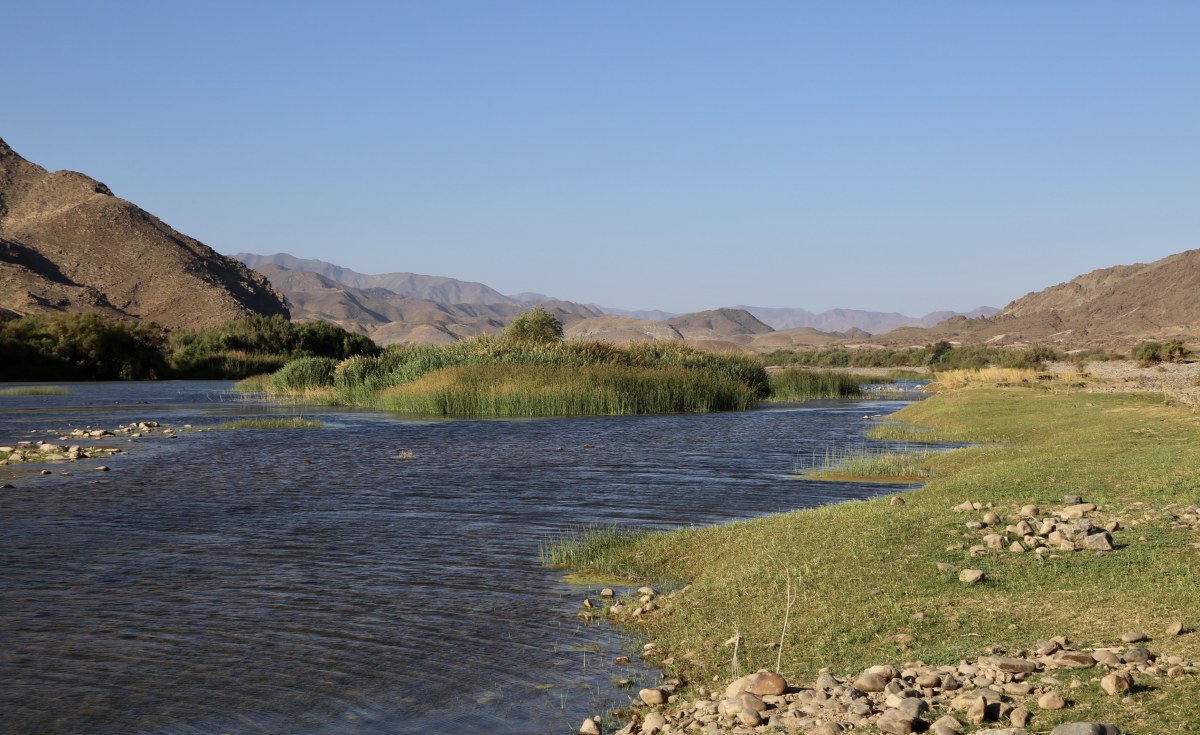[ad_1]
Worldwide there has been a wave of initiatives to grant rivers rights as a way of protecting them – and the communities that rely on them. River rights laws aim to change the legal standing of rivers so that they’re not treated as property, but rather like an individual, with “human” rights.
The river rights perspective was developed in advanced liberal democracies with large aboriginal populations, such as Australia and New Zealand. Driven by the deteriorating water quality of rivers, it is now being advanced by many scholars in Europe, and elsewhere. For instance, the Earth Law Center is working towards passing Africa’s first law establishing rights for rivers.
River rights would include the rights of river basins across national boundaries. This is because water quality is affected by upstream economic activities and land use.
Rivers are important resources for societies and country economies. Power generation through hydro-electric installations is a typical example. So too is the tourism potential of ecosystems like the Okavango Delta. Rivers are not only of importance to humans but also to ecosystems.
Giving rivers rights would enable them to perform legal acts and exert influence on policy. They could even act as a party to proceedings to promote and protect their rights.
Because rivers are “voiceless” their rights would need to be implemented by an authoritative body or custodian on their behalf. These would typically be local or indigenous communities.
Australia and New Zealand have already established such authorities for the Yarra and Whanganui rivers, respectively. Indigenous peoples play a central part in protecting these rivers and giving them a voice.
An argument for river rights is that existing river basin institutions and regimes – like the European Union’s Water Framework Directive – have failed. The river rights approach was promoted as a better alternative.
Our research – spanning over 30 years on transboundary river governance and politics – shows, however, that there’s a need to critically examine the notion of river rights. This is particularly so when contemplating political power dynamics within transboundary rivers and the various stakeholders involved.
And if transboundary rivers have rights, it could also mean they – or their custodians – have responsibilities.
Responsibilities of custodians
Responsibilities arise from fundamental rights. If an entity is given rights, it is then also bound by duties – like following rules and laws.
In the case of devastating floods, the custodians of rivers with rights could be held accountable for property damage and deaths.
This is where the river rights approach falls short. Currently, the approach portrays the river as a victim and not a potential actor.
Another problem with the river rights perspective is that it doesn’t address power dynamics within transboundary rivers. If indigenous or local communities are custodians of the river, it could also scuttle development projects. This could bring dilemmas for developing economies, which are still struggling to supply basic services like water, sanitation, and electricity to their populations.
Fifteen transboundary rivers flow across southern Africa that are shared by two or more states. International treaties, river basin commissions and catchment management agencies manage the rivers and the cooperative use of their water resources through joint projects.
From a river rights perspective, these arrangements would be inadequate to protect the quantity and quality of the water resources. They would not safeguard them from future economic exploitation either.
In theory, having indigenous communities as custodians would create more inclusive governance systems and processes in the management of the transboundary rivers.
But the rights of indigenous peoples and their traditional governance systems are often at odds with states’ development aspirations.
Southern African states develop transboundary rivers to achieve economic development and water security for a growing population and economy. Numerous large dam projects and irrigation systems have been built for this purpose, like the Lesotho Highlands Water Project and the Kariba and Ruacana hydro-electric facilities.
Indigenous groups typically become involved in transboundary river issues when they oppose large dams and other development plans.
For instance, this happened when the Namibian government mooted the Epupa hydropower project in the early 1990s on the Kunene River. The OvaHimba community resisted the construction of the dam. They argued that their grazing land would be flooded, access to the river denied and that their burial sites would be destroyed. Interest groups from other countries joined the protest.
After feasibility studies indicated that the Baynes Dam site would be better and Angola, as a state sharing the Kunene, was reluctant to become involved in the project, Namibia shelved the plans for the dam.
Two decades later, the Namibian government announced plans to construct the dam at the Baynes site. Namibia was already experiencing electricity shortages due to South Africa’s electricity supply constraints.
This time the OvaZemba people joined the OvaHimba and transnational interest groups in protesting the Baynes Dam’s construction. They cited the same arguments and again, the Namibian government was pitted against a well organised lobby campaign.
On the one hand the river is protected from large water projects. On the other, economic development and job creation opportunities are forgone.
Local and global realities
In southern Africa – with its mostly fledgling liberal democracies – power struggles between political stakeholders are the order of the day. These democracies are also part of an economically and technologically connected world.
The environment and economic development need rivers with good quality and sufficient water. But values of certain political actors will continue to be influential.
In this context the river rights perspective seems unrealistic at present.
Richard Meissner, Associate Professor, University of South Africa
Jeroen Warner, Assistant Professor of Disaster Studies, Wageningen University
[ad_2]
Source link







